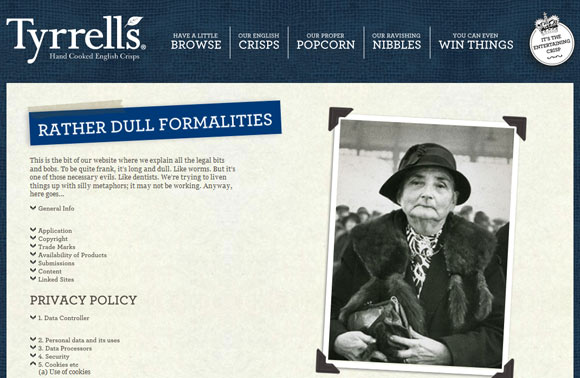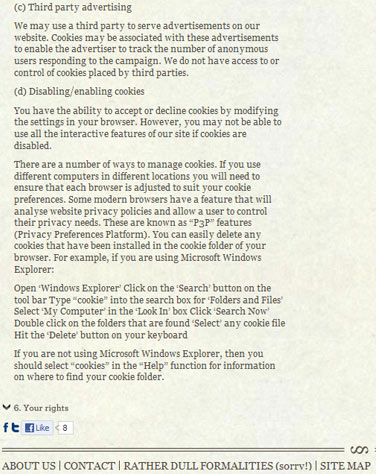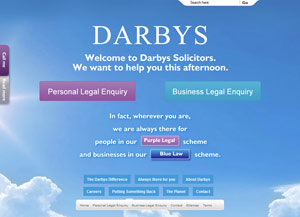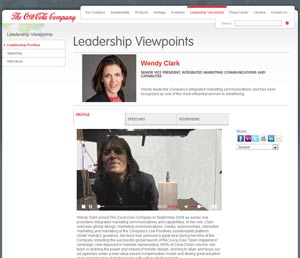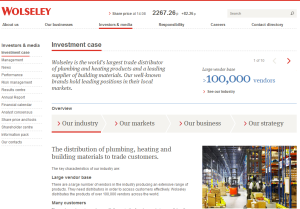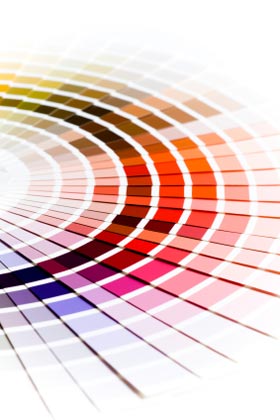 Private label brands are no longer just the cheap alternative to national brand products, and there is no stigma around purchasing private label brands rather than national brands anymore. In fact, private label brands are a must-have for many consumers these days. According to AdAge, private label brand sales accounted for 33% of total sales at Target in 2010, and in 2011, they accounted for 50% of sales at Kohl’s. The reason is simple. These private label brands are truly competitive alternatives to the national brands they sit beside on retail shelves.
Private label brands are no longer just the cheap alternative to national brand products, and there is no stigma around purchasing private label brands rather than national brands anymore. In fact, private label brands are a must-have for many consumers these days. According to AdAge, private label brand sales accounted for 33% of total sales at Target in 2010, and in 2011, they accounted for 50% of sales at Kohl’s. The reason is simple. These private label brands are truly competitive alternatives to the national brands they sit beside on retail shelves.
AdAge suggests that the growth in retail giant private label brands comes from clever marketing. Rather than positioning their private label brands as inexpensive generic brands, they’ve positioned them as exclusive store brands. They’re not the cheap knock-off brands that many consumers once perceived store brands to be. Today, the fact that products have the private label brand on them is a point of differentiation that consumers are willing to accept and pay for. It’s a huge win for the stores and companies behind these private label brands that leads to overall store loyalty.
The growth in private label brands isn’t new. Back in 2009, I wrote about private label brands showing impressive growth and about how economic considerations, value and store brands would dominate purchase trends in 2010. I followed up in 2010, explaining that 9 out of 10 consumers agree — store brands and national brands are equal. In 2011, store brands were still going strong.
Suffice it to say, the growth of private label brands shows no signs of slowing down anytime soon. As long as the companies behind those private label brands continue to offer products that provide the right level of perceived value, consumers will keep buying them. Consumer perceptions regarding private label brands have shifted, and now, the onus is on national brands to demonstrate the added value their traditionally more expensive products provide.
As private label brands continue to steal shelf space and market share, the tables have turned and national brands have to differentiate themselves from private label brands. Consumers want to know why they should spend more on a national brand when the less expensive private label brand is perceived as an equivalent and credible alternative. It’s up to the national brands to respond.
Image: Flickr
